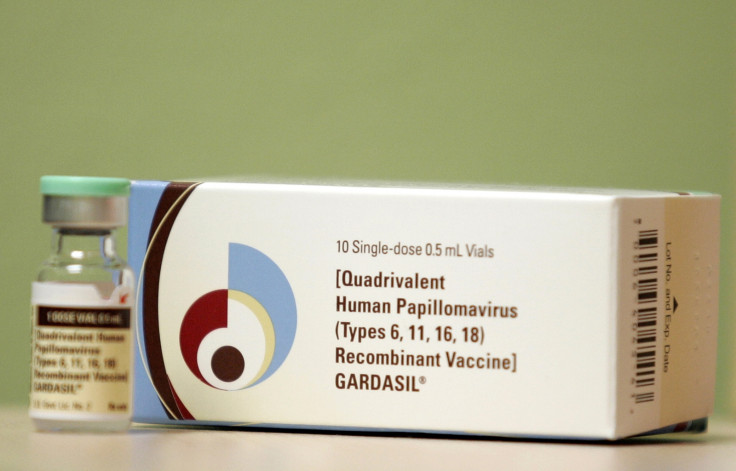HPV: New vaccine offers protection against 90% cervical cancers

A new vaccine against Human papillomavirus (HPV) infections is more effective than the existing ones and prevents 90 per cent of all cervical cancers caused by it.
The new vaccine offers significantly greater protection than the current vaccine by protecting against nine types of HPV and with 97 per cent efficacy.
The nine sub-types of HPV are responsible for 85 per cent of pre-cancerous cells of the cervix.
The study involving a new, nine-component vaccine against HPV and tried on more than 14,000 young women aged between 16 and 26 years was led by Elmar Joura from the University Department of Gynaecology at the MedUni Vienna.
The findings of the randomised, controlled, international study has been published in the "New England Journal of Medicine".
The new vaccine is 20 per cent more effective against cervical cancer than the previous 4-component vaccine, up to 30 per cent more effective against the early stages of cervical cancer and up to five to 15 per cent more effective against other types of cancer (such as vaginal or anal carcinoma).
The existing vaccine Gardasil protects against only two cancer-causing types of HPV.
Genital human papillomavirus is the most common sexually transmitted virus with about 100 subtypes of HPV identified so far.
The virus infects epithelial cells in the skin and mucosal tissue and can cause tumours, especially cervical cancer in women.
HPV strains also cause other types of cancer in the genital and throat area, as also genital warts.
Men too can develop cancer caused by HPV infections, however. Over a hundred HPV sub-types have now been identified.
The current HPV vaccines both protect against HPV types 16 and 18, which cause most HPV cancers. One of those vaccines also protects against types 6 and 11, which cause most genital warts.
The nine-valent HPV vaccine will protect against infection with HPV types 6, 11, 16, and 18. It will also protect against an additional five HPV types, which will provide more protection from cancers caused by HPV infection.
The uptake of existing vaccines Gardasil and Cervarix, have been low despite both proven in clinical trials to be 99 per cent safe and effective. The main concern for the low usage us from parents who feel that their children becoming sexually active at a younger age after receiving the vaccine.
Cervical cancer is the fourth most common cancer in women across the world, with more than half a million cases and 250,000 deaths each year worldwide.
© Copyright IBTimes 2024. All rights reserved.





